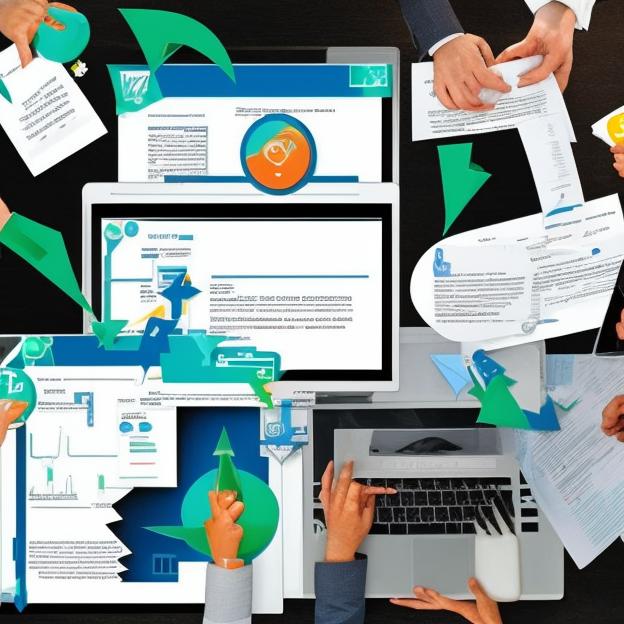
Contract Life Cycle Management Software

Contract Life Cycle Management Software
Contract life cycle management (CLM) software is a technology solution that helps organizations manage the entire contract process, from creation and negotiation to execution and renewal. It provides a centralized repository for all contract-related documents and information, streamlines the approval process, and automates many of the tasks associated with contract management. By using CLM software, organizations can improve efficiency, reduce costs, and mitigate risks associated with contracts.
Contract Life Cycle Management Software: Streamlining Your Business Processes
In today's fast-paced business environment, efficiency and productivity are paramount. Contract life cycle management (CLM) software has emerged as a powerful tool that can help businesses streamline their contracting processes, reduce risks, and improve overall operational efficiency. This article explores the benefits of CLM software and how it can transform the way businesses manage their contracts.CLM software provides a centralized platform for managing the entire contract lifecycle, from initial request to final execution and storage. It automates many of the manual tasks associated with contract management, such as document creation, review, approval, and tracking. This can significantly reduce the time and effort required to manage contracts, freeing up valuable resources for other strategic tasks.One of the key benefits of CLM software is its ability to improve contract visibility and control. With all contracts stored in a central repository, businesses can easily access and retrieve the information they need, whenever they need it. This can help improve decision-making and reduce the risk of costly errors or missed deadlines.CLM software also helps businesses mitigate risks by automating compliance checks and ensuring that contracts adhere to legal and regulatory requirements. This can help reduce the risk of legal disputes and penalties, and protect the business from potential financial and reputational damage.
Enhanced Collaboration and Communication
CLM software facilitates seamless collaboration and communication between different stakeholders involved in the contract management process. It provides a platform for users to share documents, comments, and updates in real-time, ensuring that everyone has access to the most up-to-date information. This can significantly improve the efficiency of the contract review and approval process, and reduce the risk of errors or misunderstandings.CLM software also offers robust reporting and analytics capabilities, allowing businesses to gain valuable insights into their contract management processes. This information can be used to identify bottlenecks, optimize workflows, and make data-driven decisions to improve overall contract management performance.
Contract life cycle management software is a powerful tool that can transform the way businesses manage their contracts. By automating manual tasks, improving visibility and control, mitigating risks, and enhancing collaboration, CLM software can help businesses streamline their operations, reduce costs, and improve overall efficiency. In today's competitive business landscape, CLM software is a must-have for businesses looking to stay ahead of the curve and achieve success.